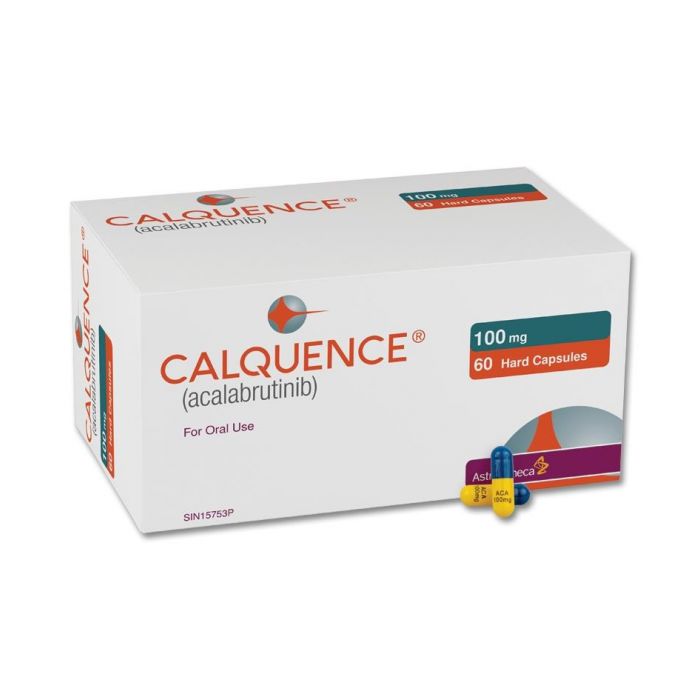Calquence significantly increased the time patients lived without disease progression or death vs. chemoimmunotherapy
UK – AstraZeneca’s Calquence (acalabrutinib), a selective Bruton’s tyrosine kinase (BTK) inhibitor, has been approved in Japan for the treatment of adult patients with treatment-naïve chronic lymphocytic leukaemia (CLL) (including small lymphocytic lymphoma [SLL]). Calquence was previously approved in Japan for the treatment of adults with relapsed or refractory CLL.
The approval by the Japanese Ministry of Health, Labour and Welfare (MHLW) was based on positive results from two clinical trials, including the ELEVATE-TN Phase III trial in adults with treatment-naïve CLL. This trial showed that Calquence combined with obinutuzumab or as monotherapy demonstrated a significantly improved progression-free survival (PFS) when compared with the chemotherapy-based combination of chlorambucil and obinutuzumab.1,2 Data from the interim analysis of ELEVATE-TN was published in The Lancet in 2020.2 Additionally, a Phase I trial in treatment-naïve Japanese patients with CLL was also submitted to MHLW supporting the approval, with the trial showing an overall response rate of 88.9% (95% CI: 63.2, 98.8%) for Calquence alone and 100% (95% CI: 66.4, 100%) for Calquence combined with obinutuzumab.
CLL is the most prevalent type of adult leukaemia across the globe but is considered a rare disease in Japan and East Asia, with fewer than one person newly diagnosed per 100,000 persons per year across Japan.3-5
Koji Izutsu, MD, PhD, Department Head, Department of Hematology, National Cancer Center Hospital, Tokyo, Japan, said: “Results from ELEVATE-TN and our local Japanese trial confirm that Calquence provides a significant improvement in progression-free survival compared with chemotherapy-based combination of chlorambucil and obinutuzumab for patients with treatment-naïve chronic lymphocytic leukaemia. Today’s approval marks great progress for physicians and patients in Japan, as they can now be treated with Calquence earlier in their treatment journey.”
Dave Fredrickson, Executive Vice President, Oncology Business Unit, AstraZeneca, said: “The approval of Calquence in Japan for those with treatment-naïve chronic lymphocytic leukaemia now offers more patients a next-generation Bruton’s tyrosine kinase inhibitor that has proven longer-term efficacy and tolerability compared to standards of care. With this approval, people living with chronic lymphocytic leukaemia in Japan can now potentially benefit from our medicine in an earlier setting.”
Updated results of the ELEVATE-TN Phase III trial after a median follow-up of approximately five years were presented earlier this year. These results showed that Calquence maintained a statistically significant PFS benefit versus chlorambucil plus obinutuzumab, and a safety and tolerability profile consistent with the known profile for Calquence. At a median follow-up of 58.2 months, Calquence plus obinutuzumab reduced the risk of disease progression or death by 89% (based on a hazard ratio [HR] of 0.11, 95% confidence interval [CI] 0.07-0.16) and as a monotherapy by 79% (based on a HR of 0.21, 95% CI 0.15-0.30), compared with chlorambucil plus obinutuzumab.1







